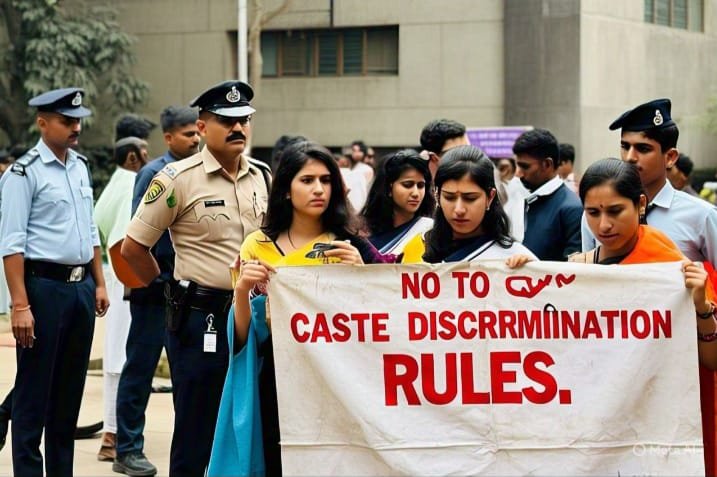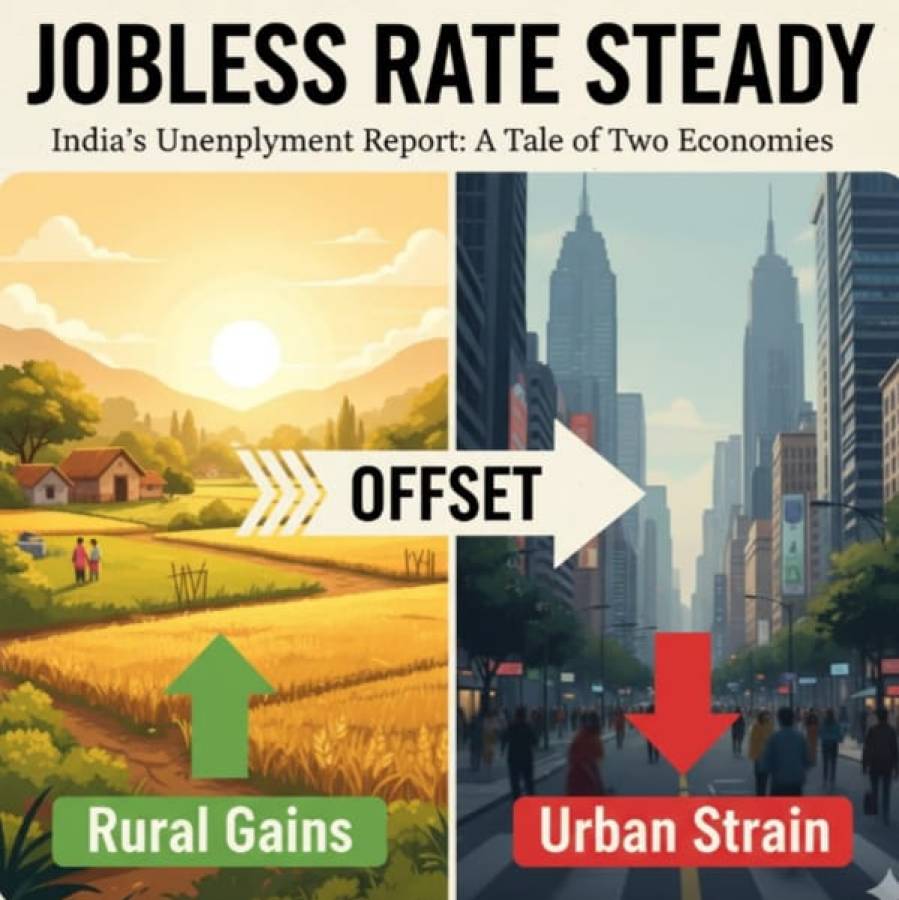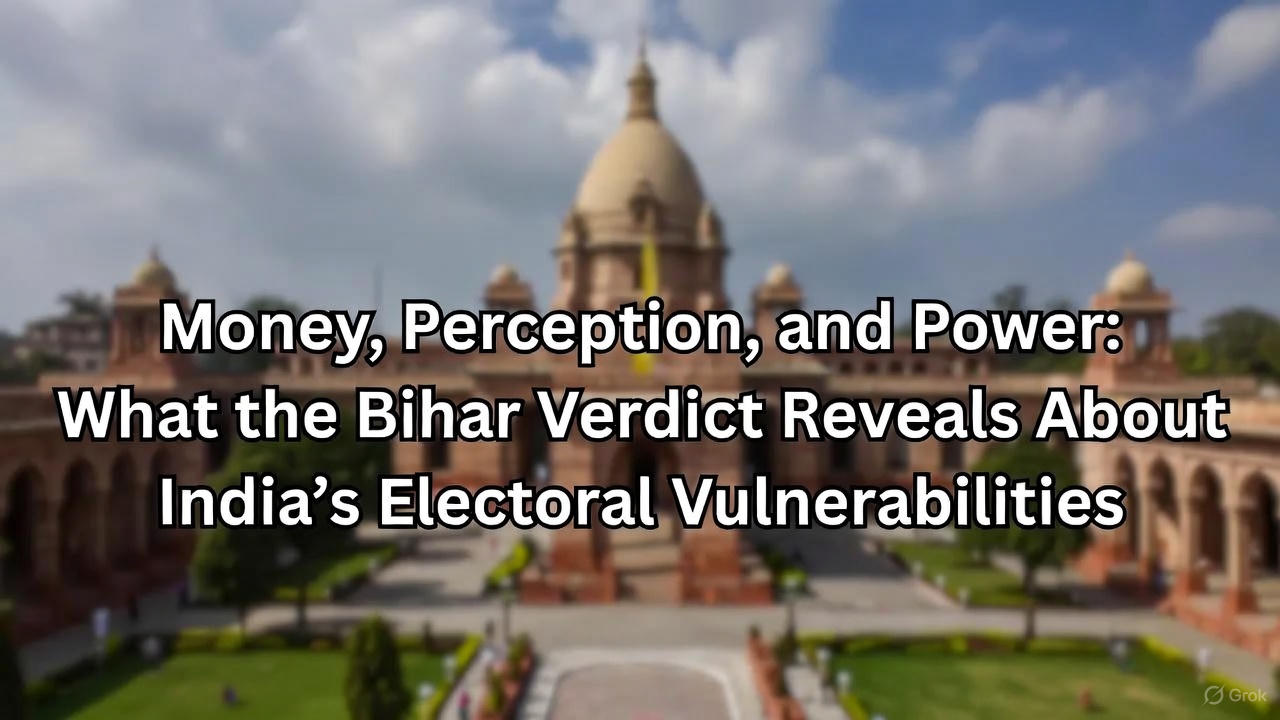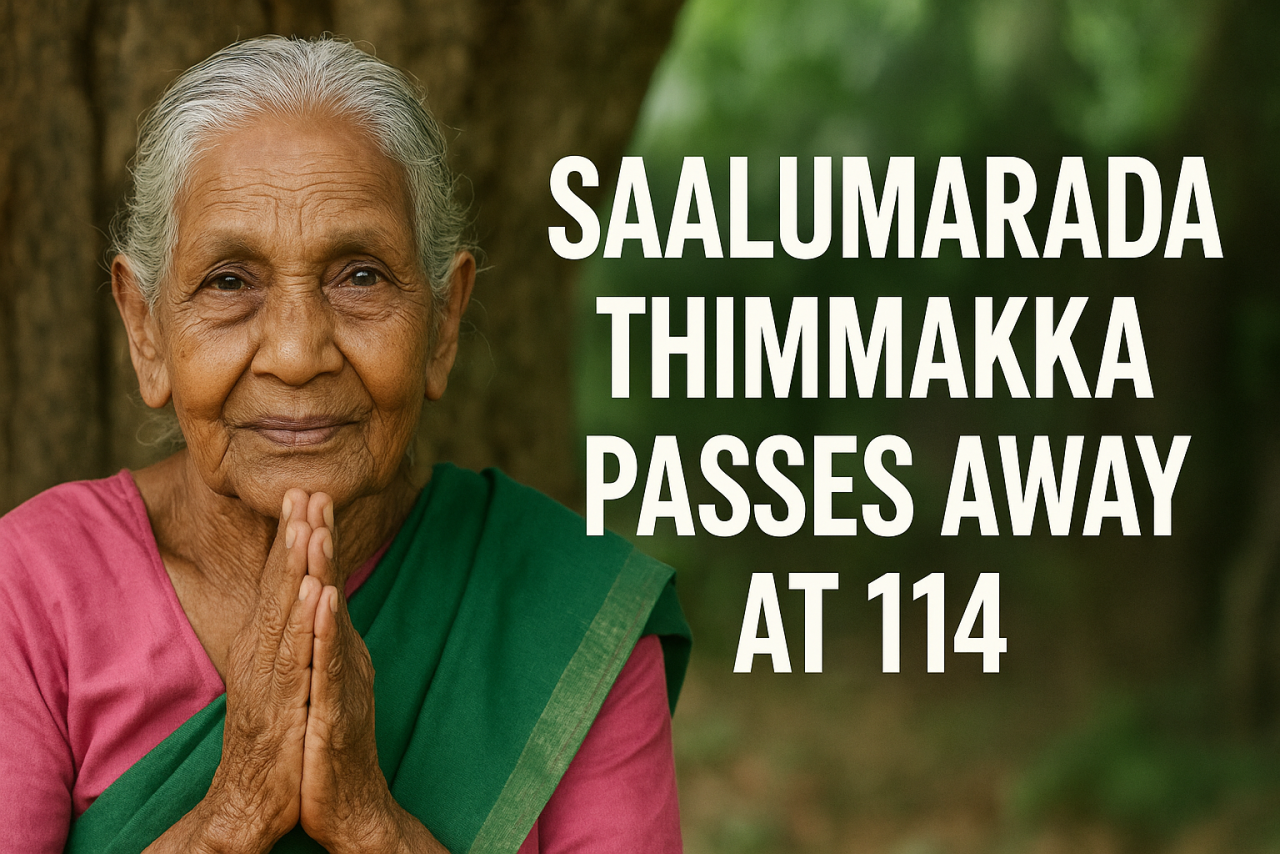
Breaking new ground in India's education policy, the Supreme Court has given the green light to the University Grants Commission (UGC) to formalize regulations against caste-based discrimination in higher educational institutions. This move follows years of advocacy for stronger protections after a series of tragic student suicides exposed systemic failures on campuses nationwide.
The ruling came during the hearing of a public interest litigation (PIL) filed by the mothers of Rohit Vemula and Payal Tadvi — students whose deaths in 2016 and 2019, respectively, sparked national outrage over caste-based harassment. Seeking a comprehensive framework to protect vulnerable students, the petitioners had asked the Court to defer the finalization of the UGC’s draft regulations, Promotion of Equity in Higher Education Institutions Regulations, 2025, citing concerns about overlapping efforts by a newly constituted National Task Force (NTF).
However, a bench comprising Justices Surya Kant and N Kotiswar Singh declined the request. The Court emphasized that the finalization and notification of anti-discrimination rules must proceed independently, underscoring that awaiting broader NTF recommendations would cause unnecessary delay. “Voiceless sections of society are looking toward these regulations for dignity, safety, and respect," the bench noted.
Solicitor General Tushar Mehta, representing UGC, informed the Court that a final meeting on the regulations was underway. The Court, in turn, stated, “We deem it appropriate to clarify that UGC may proceed with finalisation of its Draft Regulations 2025 and may notify the same.”
The Supreme Court further clarified that the upcoming UGC regulations would operate in addition to the measures proposed by the NTF, avoiding duplication and ensuring that both efforts complement each other. The NTF — led by retired Supreme Court Justice S. Ravindra Bhat and comprising senior government officials — was set up earlier this year to study the causes behind student suicides and suggest protective mechanisms.
The March 24, 2025, order establishing the NTF was issued in response to cases of suicide among Indian Institute of Technology (IIT) students, allegedly due to harassment. The NTF is expected to submit its recommendations within four months, aiming to strengthen institutional safeguards across the country’s higher education ecosystem.
The UGC’s upcoming regulations are particularly significant as they will create a binding framework for universities to address caste discrimination proactively. By mandating preventive measures, grievance redressal systems, and accountability mechanisms, the regulations intend to make Indian campuses more equitable and safer for students from marginalized backgrounds.
Academicians and social justice advocates have welcomed the Supreme Court’s decision, calling it a much-needed intervention. They argue that without enforceable regulations, existing biases and gaps in institutional support systems would continue to marginalize students from historically disadvantaged communities.
With the Court’s go-ahead, the UGC now bears the responsibility of ensuring that its anti-discrimination regulations are robust, implementable, and meaningfully enforced. As higher educational institutions prepare for these changes, the success of this initiative will ultimately depend not only on compliance but also on a cultural shift towards genuine inclusion and respect across Indian campuses.





















